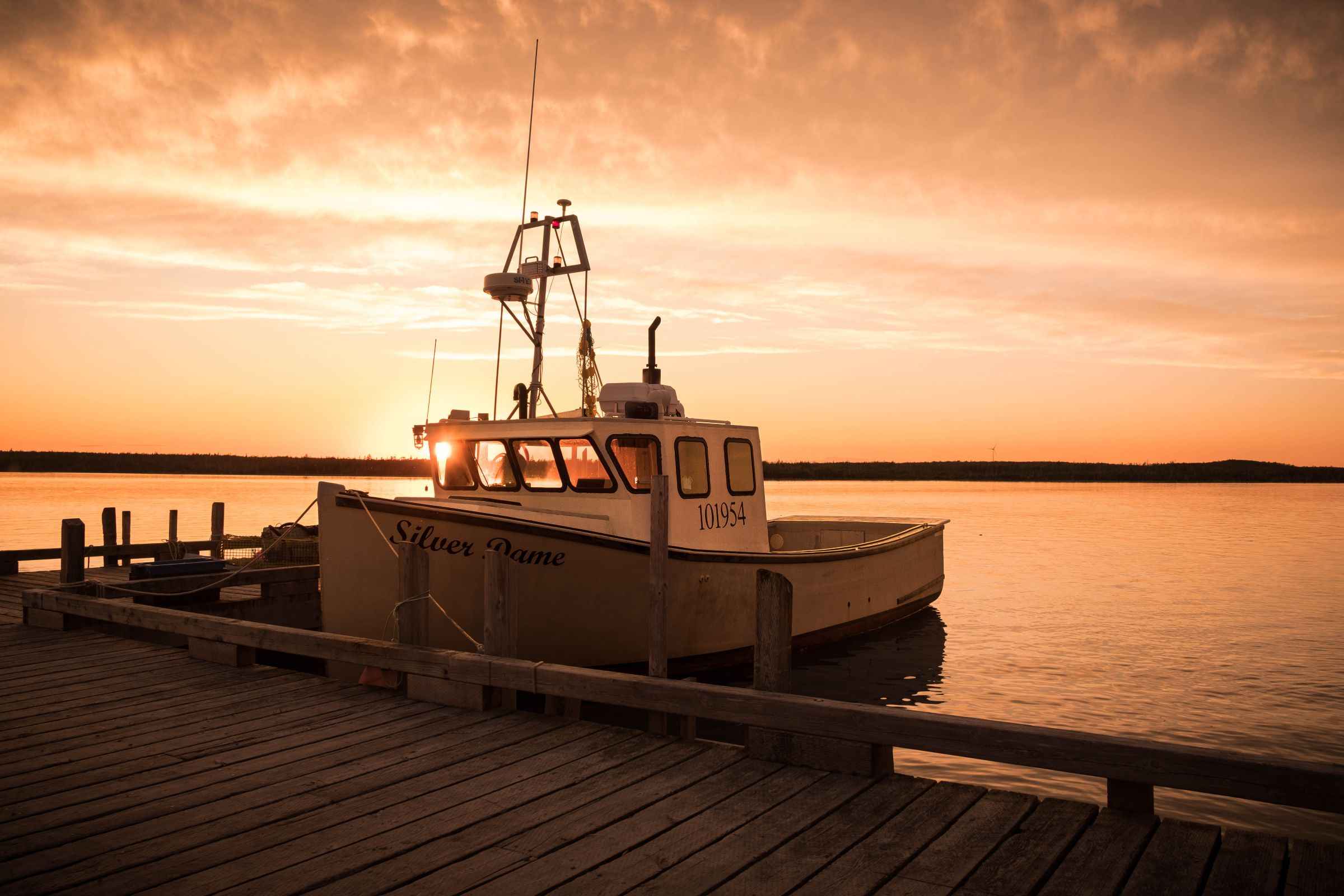Owning a Boat: Should You or Shouldn't You?
Trying to decide whether to buy a boat or keep chartering? We weigh the pros and cons of owning a recreational fishing vessel.

When you go fishing and take in the vastness of the water, sometimes you can’t shake the feeling that somewhere, there’s always more fish to catch. One thing you can do to get around this is to get your own watercraft for fishing. A recreational fishing vessel can help you cover more water, and having your own can teach you invaluable lessons about water and weather that can inform how you’ll look for fish and what techniques you’ll use to catch them.
But there are also drawbacks to owning a boat. These mainly include having to account for many, many expenses such as maintenance, slip fees, and fuel. If you’re trying to decide whether to buy a boat, keep reading to see a more detailed look into the pros and cons of being a boat owner.


Practical Reasons for Owning a Boat
There are many practical reasons for getting your own fishing boat. One may be that you go fishing very frequently - say once or twice a week - so buying a boat of your own seems like a worthwhile investment.
1.Accessibility
Boats allow you to cover more water. Sure, kayaks and canoes are formidable when it comes to stealth fishing, but they’re also not the best option for larger, deeper waters.
2. Spontaneity
With the exception of bad weather conditions, you can hop on your boat with family and friends whenever you want. Perhaps you’ve been planning a boating trip for a while, or maybe you want to go on a whim. If your friends decide to cancel on you last minute, no problem - you can still take your family if they’re up for it. Owning a boat allows you spontaneity with your plans.

3. Better Views and Angles
Sometimes it’s better to stand up when you’re fishing as it allows you a better view of the water. While kayaks and canoes are great, it’s not safe to stand on them - doing so will elevate the center of gravity, making it much easier for it to tip and capsize.
4. Learning Lessons
Having your own boat compels you to learn the ropes. You’ll learn how to navigate waters while taking into consideration wind and currents, and you’ll also learn a lot more about the migratory habits of fish.
5. Community
The lessons you’ll learn as a boat owner will then help you become a more involved member of the fishing community. You’ll be invited to more excursions with other anglers and get to compare notes on your techniques and the best conditions for fishing.
6. Chartering is No Longer Practical for Your Fishing Habits
The alternative to owning a boat is chartering, which has many advantages, but has its share of disadvantages. For one, you’re not always given the boat you want. You’ll be given whichever boat is available, which won’t always be the best-looking or best running one on the block. Boat chartering can be particularly competitive in the summer, and sometimes you might not be lucky enough to get a boat at all. Second, you won’t have 24/7 entitlement to use the boat. You’re only allowed to use it during your charter period, so there’s less room for spontaneity. But when you’re a boat owner, you’re free to choose the kind of boat you’ll have, how you’ll customize it, and when you can use it.
Things to Consider
To ensure your purchase is worth your money, here are some things you need to consider first.
1.Is it suitable for the waters you want to frequent?
While owning a boat gives you access to more waters, boats still have limitations. Not all boats are suitable for traversing all kinds of waters. This is why there are different kinds of recreational fishing boats - center console boats, flats boats, catamarans, etc. Think about the water bodies you see yourself visiting more frequently than the rest and do your research on what kind of boat will be the best match for those waters.
2. Are you a good boater?
If you buy a boat, will you be safe? How much do you know about boat maintenance? Anglers who are looking to purchase a boat should be good boaters first. Many boating mishaps and accidents happen as a result of insufficient boating knowledge. Make sure you have plenty of experience and knowledge before buying a boat.
3. Do you go fishing alone?
If you do, you probably shouldn’t get a boat. Boats should be handled by at least two people - one person should man the controls, and the other will monitor the waters and the fish. Solo anglers should stick to kayaks and canoes.
4. What will you do with it in the winter?
Depending on where you live, there may still be a limited selection of fishing you can do in the winter. But if winter is an off-season in your area, you also have to think of where you’re going to keep your boat and the maintenance you’ll give it while it’s not in use.
Calculate the Costs
Then of course, there are the costs. It’s not just the cost of the boat you have to keep in mind, but also the cost of maintaining the boat. Expenses are the main reason why some experts advise against buying a boat. Preventive maintenance is a crucial part of being a boat owner. If you are willing to spend money on a boat, you also have to be willing to spend on its maintenance and fuel. Being in the middle of a water body with an engine that suddenly won’t start due to poor maintenance happens more frequently than you think.
When you’re chartering a boat, you don’t need to worry about cleaning the boat. But this changes when you become an owner, as sitting in salt water can corrode the boat even if it’s not in use. Another expense you’ll have to take into account as an owner are boat parts such as engine coolers, fuel systems, and ignition systems, which can all cost a pretty penny. The alternative would be to learn how to maintain your boat by yourself, but that alone can be a much more time-consuming endeavour.
Another hidden cost of owning a fishing vessel includes insurance. Unless your boat is well-insured, you have to ask yourself whether you can afford the worst-case scenario.
When you’re not using your boat, you also have to think of where you’re going to keep it. If you want to keep it parked in a marina, you need to reserve a slot and pay the slip fees, which are two separate concerns. Otherwise, you’ll have to haul your boat and likely keep it in your garage or outside your house.
Conclusion
Having a boat to call your own allows you full control over when and where you can use your boat and how you’ll customize it, but it also comes with a lot more expenses than just the price of the boat itself. Whichever you decide, make sure to take time to think about it because this is a very big decision that will impact not just your fishing habits and opportunities, but also your finances.



